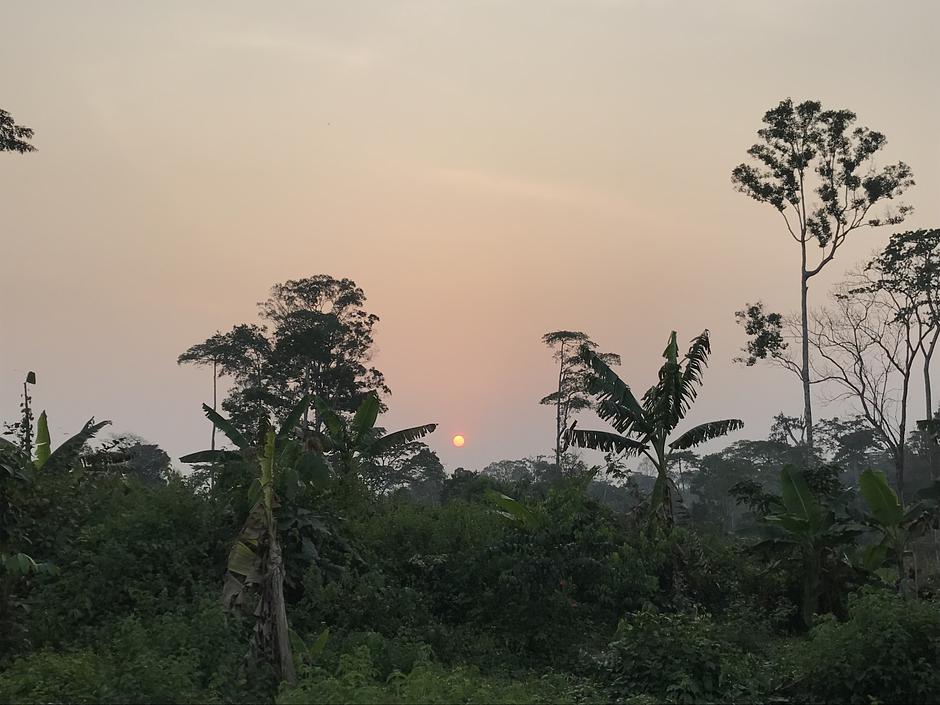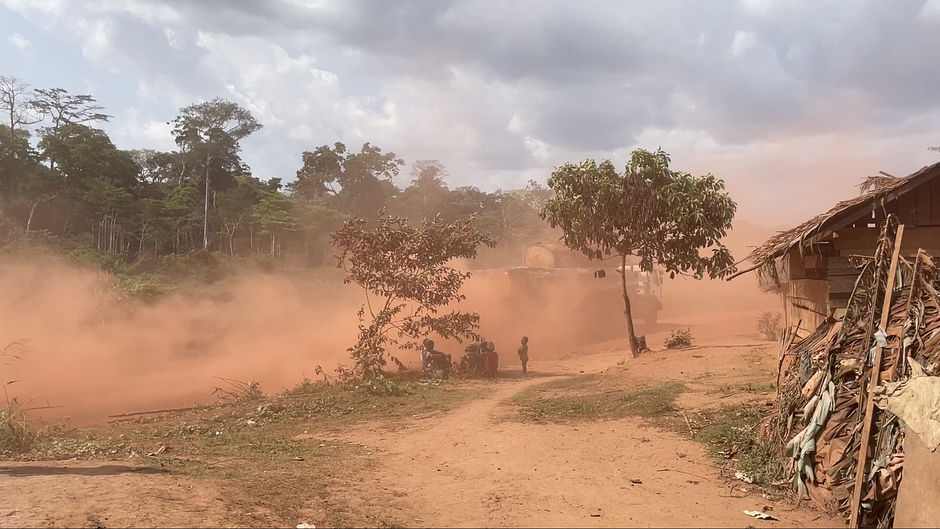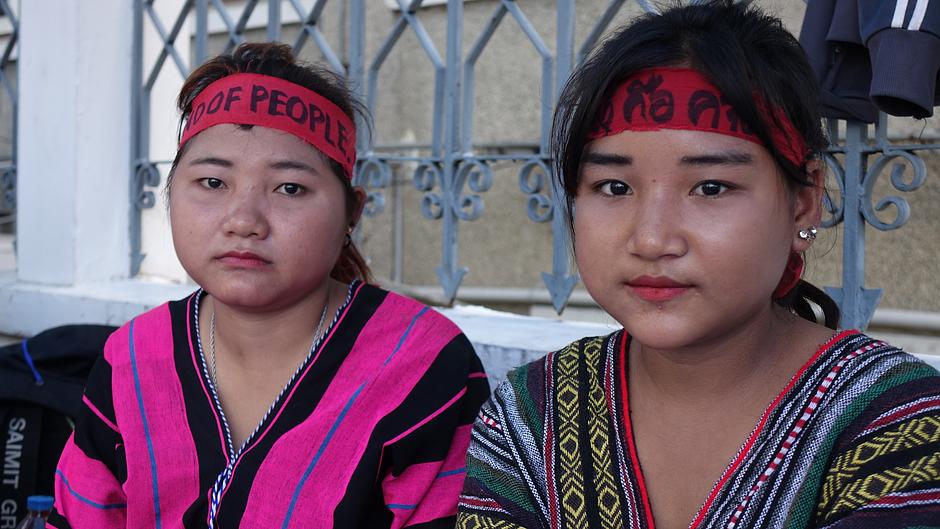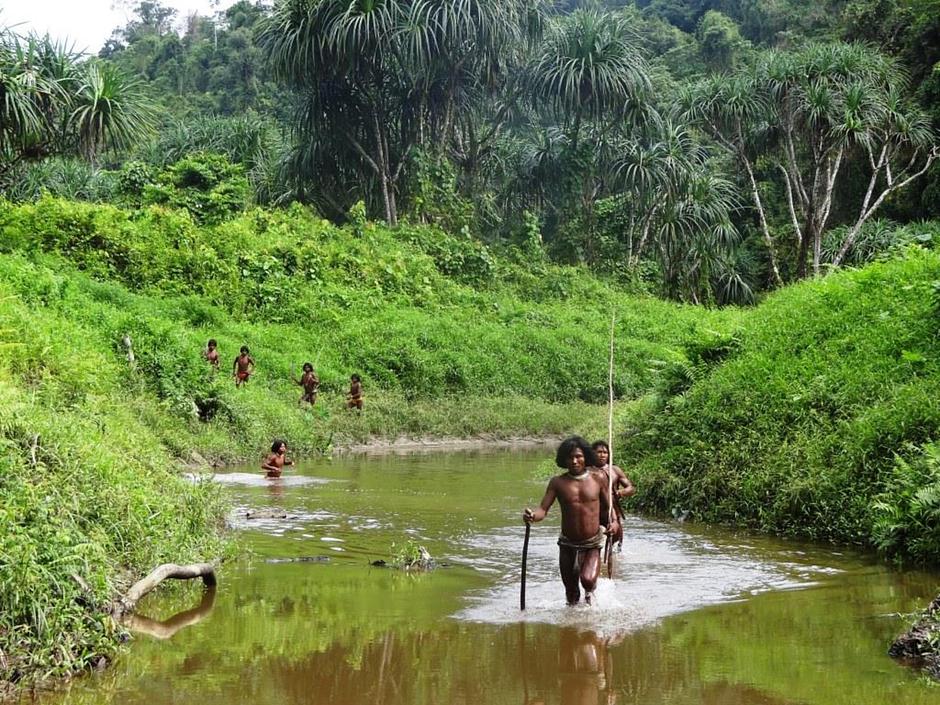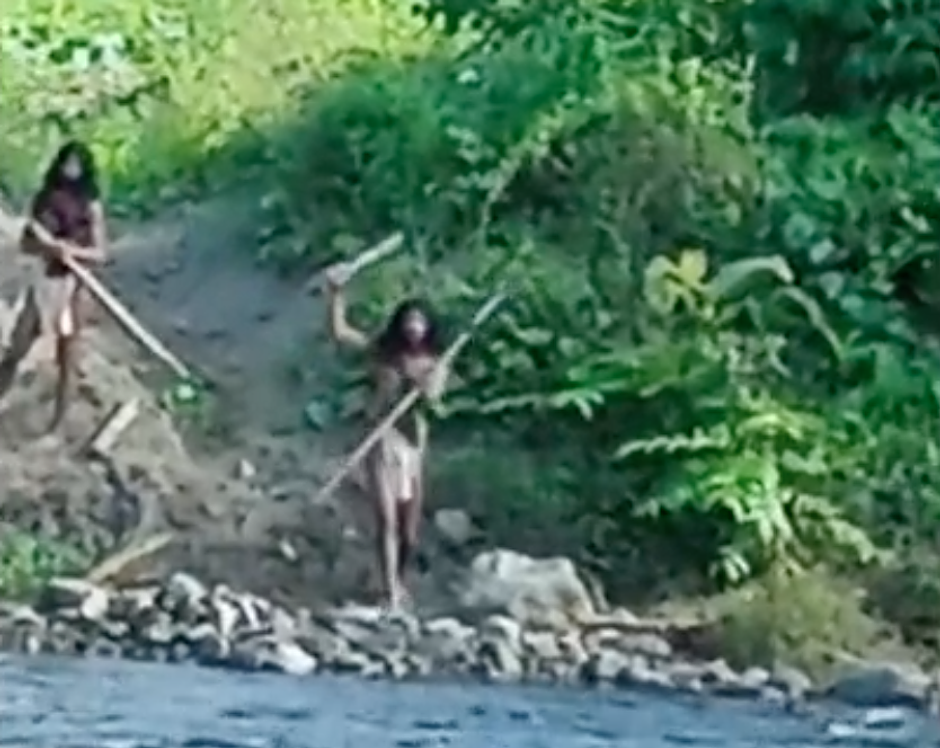Amazon Guardian Paulo Guajajara was my friend; 5 years after his killing I want justice
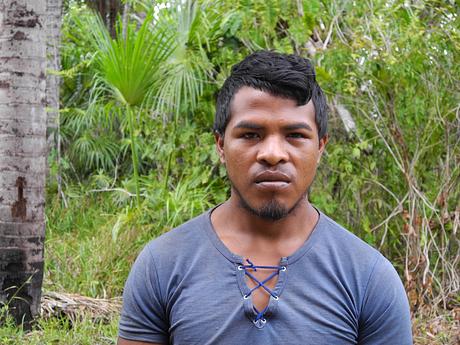
Paulo Paulino Guajajara looks down and off to one side, the Amazon forest lush and dense behind him.
His voice thickens; he clears his throat. “My mother, she’s unwell. She told me to stop doing this work,” he says, and presses the heel of his hand against his eye to stop a tear.
He looks into the camera, “I told her I’m not scared, that she should let me fight. Because I have a son. And he will need the forest.”
Paulo, an Indigenous Amazon Guardian, was shot dead five years ago today (1 November 2019) in the forest he loved – the Arariboia Indigenous Territory, in the Amazon’s north-east.
I was on the other side of the camera when he spoke of his mother’s fears. He wanted the world to know his people, his land, were under threat. He knew illegal loggers were paying gunmen to kill Guardians like him, but he continued to track them, leaving his infant son, wife, and his mother at home.
The Guardians are Guajajara people who protect Indigenous land. They confront illegal loggers, force them to leave, then destroy their camps. They do it to protect their families and for the Awá people, their neighbours who share the territory and some of whom shun all outside contact. Paulo admired the Awá. They are completely self sufficient in their forest, but cannot survive without it.
Paulo and I met in 2017 when we recorded his video. In 2019 I went on a Guardian patrol as a researcher with Survival International, the global movement for Indigenous and tribal peoples’ rights. It was on that journey, deep in the rainforest, that Paulo and I became friends – and he asked me to call him by his Guardian name, Lobo (‘Wolf’ in English). The group assigns a name that reflects a Guardian’s personality and his place. It binds them together, protects their anonymity.
The Guardians gathered in a clearing to prepare for our patrol. They brought several motorbikes and a quad bike. About 15 men chatted casually as they honed their machetes, checked motorbike chains and calculated how much petrol to take. They wrapped and stowed a big piece of meat – food for the journey. One man drew a map in the earth with a stick and pointed to the illegal logging camp – the object of our patrol. Well-worn bulletproof vests were distributed, then we got on the bikes and headed into the forest.
Lobo was quiet and focused, pitching in with an easy smile. He insisted I travel with him and his cousin on the more comfortable quad bike. As we rode dirt trails into the thickening forest, he taught me words in Tenetehar, his Indigenous language. He pointed and said, ‘foot’, ‘hand’, ‘elbow’. I repeated, worked to get my mouth around the unfamiliar syllables. Later, I proudly spoke the words he’d taught me, and the Guardians guffawed. I was saying, ‘blue foot’, ‘fat elbow’, ‘laughing hand’. Lobo just grinned.
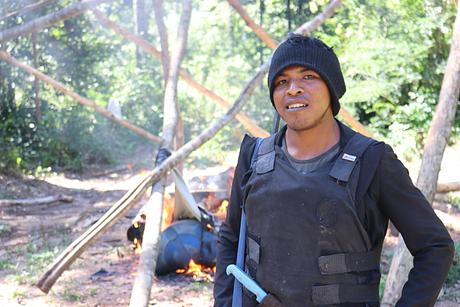
We gathered around a fire that night, kept small to prevent detection. The meat was cooked, and Lobo offered it to me on a skewer. He drew his machete, elegantly ran it down the meat’s edge, and urged me to pull away a thin, sinewy slice. It was a welcome treat, dipped in crunchy cassava farinha.
Lobo admired a woolly hat I’d brought from London, so I gave it to him. He cut eye holes and wore it pulled down over his face to keep his identity secret and protect him from the hired assassins. The group spread out and settled on the cold forest floor, wrapped in darkness and sound – the buzz of cicadas and trills of crickets, descants over the rumbling bass line of amorous bullfrogs.
The next day we travelled on foot. The Guardians inspected every snapped twig – evidence loggers were nearby. They examined tire tracks, noting their age and direction of travel. Tension rose as we got closer. We passed a pile of stacked logs and arrived at the camp – an oval-shaped clearing where blue and black tarps sheltered cooking and seating areas.
But the loggers had fled. We ate their breakfast – eggs and a pot of pumpkin they’d left cooking on their fire. And when we discovered a barrel of fresh water, Lobo insisted that I be the first to bathe.
He was angry though, disgusted at the loggers’ intrusion, the theft of trees, the destruction of the forest. And he was frustrated they’d escaped. “I want to burn and destroy this camp,” Lobo said, holding his lighter to a tarpaulin’s edge. “We don’t want anything of theirs in our territory.”
Lobo was out hunting when he was ambushed – shot and killed. Beside him, his friend and fellow Guardian Tainaky Tenetehar was also hit. The impact bent Tainaky over in pain. Straining with every part of his body, he straightened up and ran as blood poured from his right shoulder. Lobo lay dead on the forest floor, still wearing the hat that could not protect him.
Lobo was the sixth Guardian killed by loggers in the Arariboia forest. News of his death went round the world. Despite that, none of the killers have been caught or tried. And on this fifth anniversary of his killing, everything Lobo sought to protect is in greater peril – particularly the uncontacted Awá. They are among more than 150 uncontacted Indigenous peoples around the world – the most self-sufficient and most vulnerable peoples on the planet. Survival International is fighting to stop miners, loggers, ranchers, other extractive industries and criminals stealing their territory and resources. The loggers are still there, while the Brazilian government fails the Awá by not upholding its own and international laws which require their land be protected for their exclusive use.
When I think of Lobo, I remember his easy laugh, the grin that spread slowly across his face. He always carried a pen drive loaded with his tunes. That smile grew ever wider when his favourite came on: Cyndi Lauper’s “Girls Just Want to Have Fun”. He would close his eyes and hum along.
Lobo once said, “Even if they kill me, I won’t stop fighting.”
His fight continues; for there is a little boy growing up without his marvellous father. And he still needs the forest.
Sarah Shenker is a senior researcher and advocacy officer with Survival International which fights alongside Indigenous people for their lands and human rights. Survival supports the work of the Guardians and has campaigned for the Awá’s rights since the 1970s.


